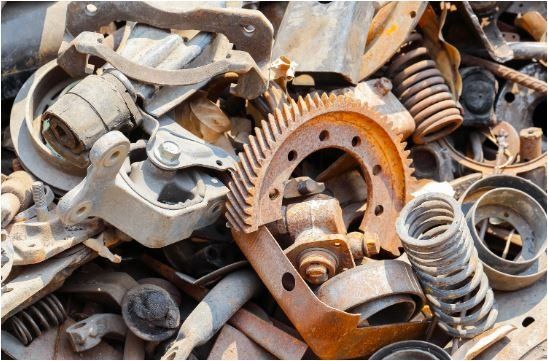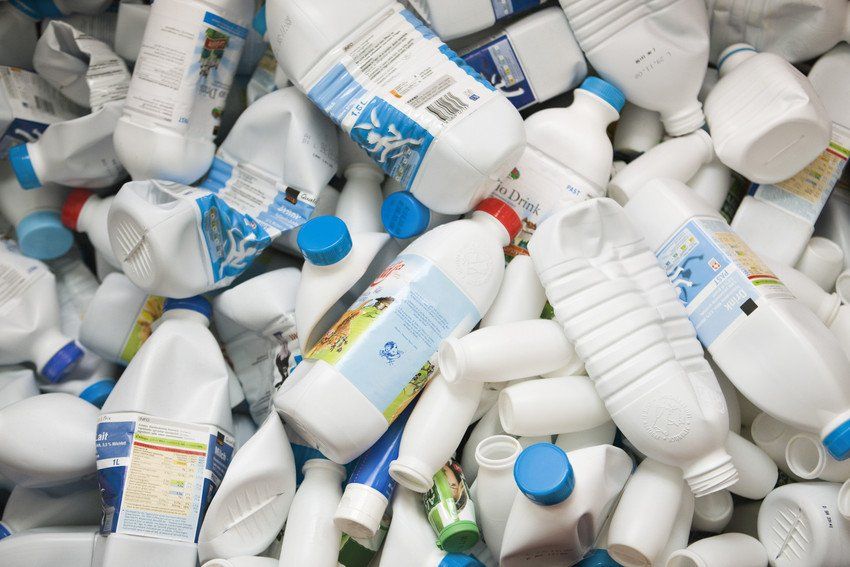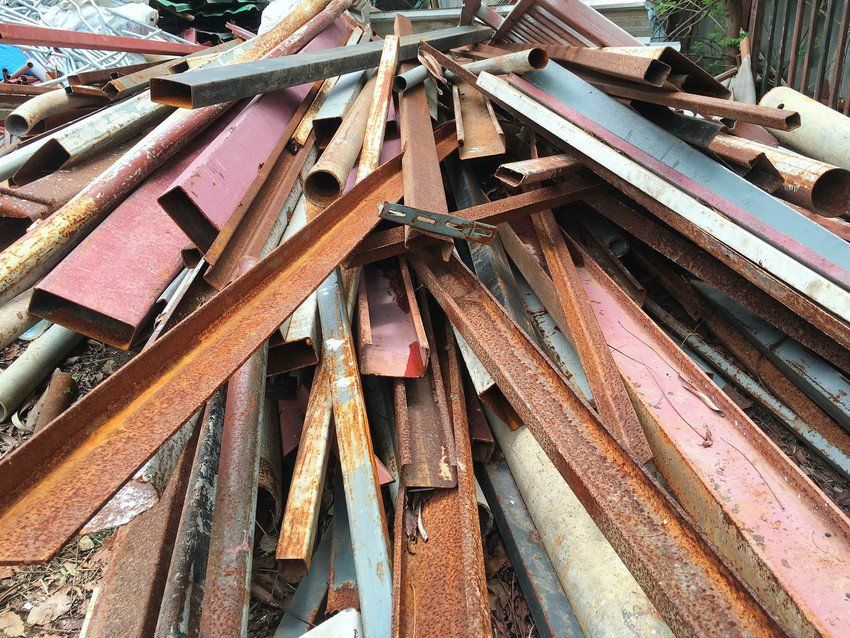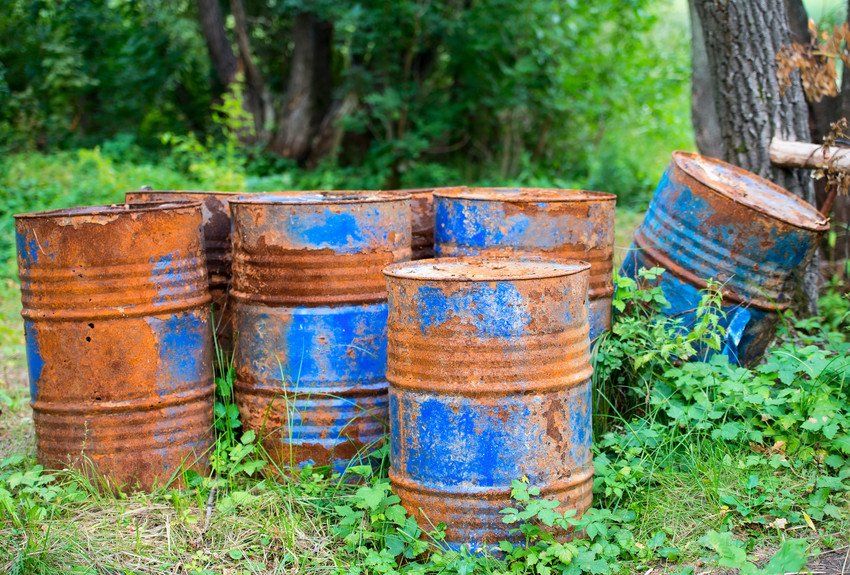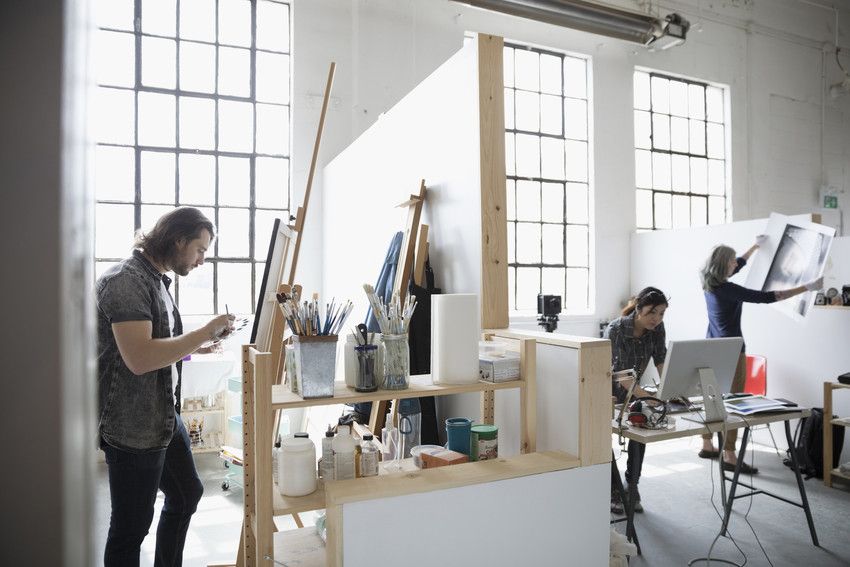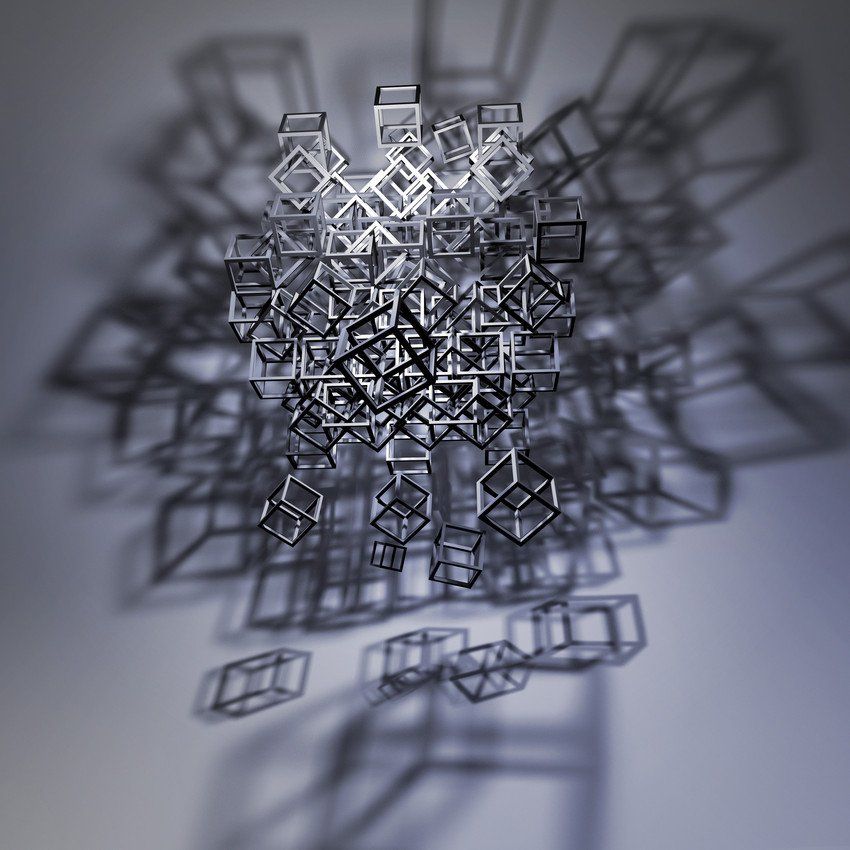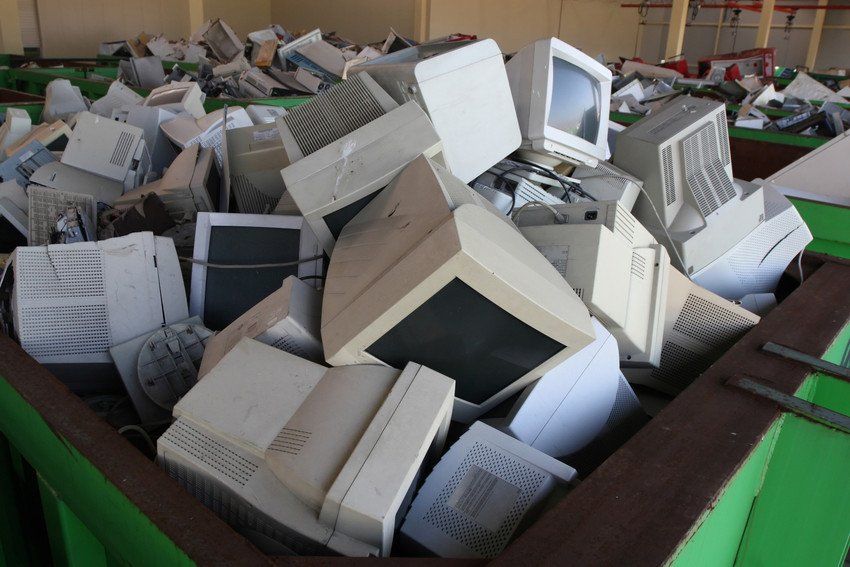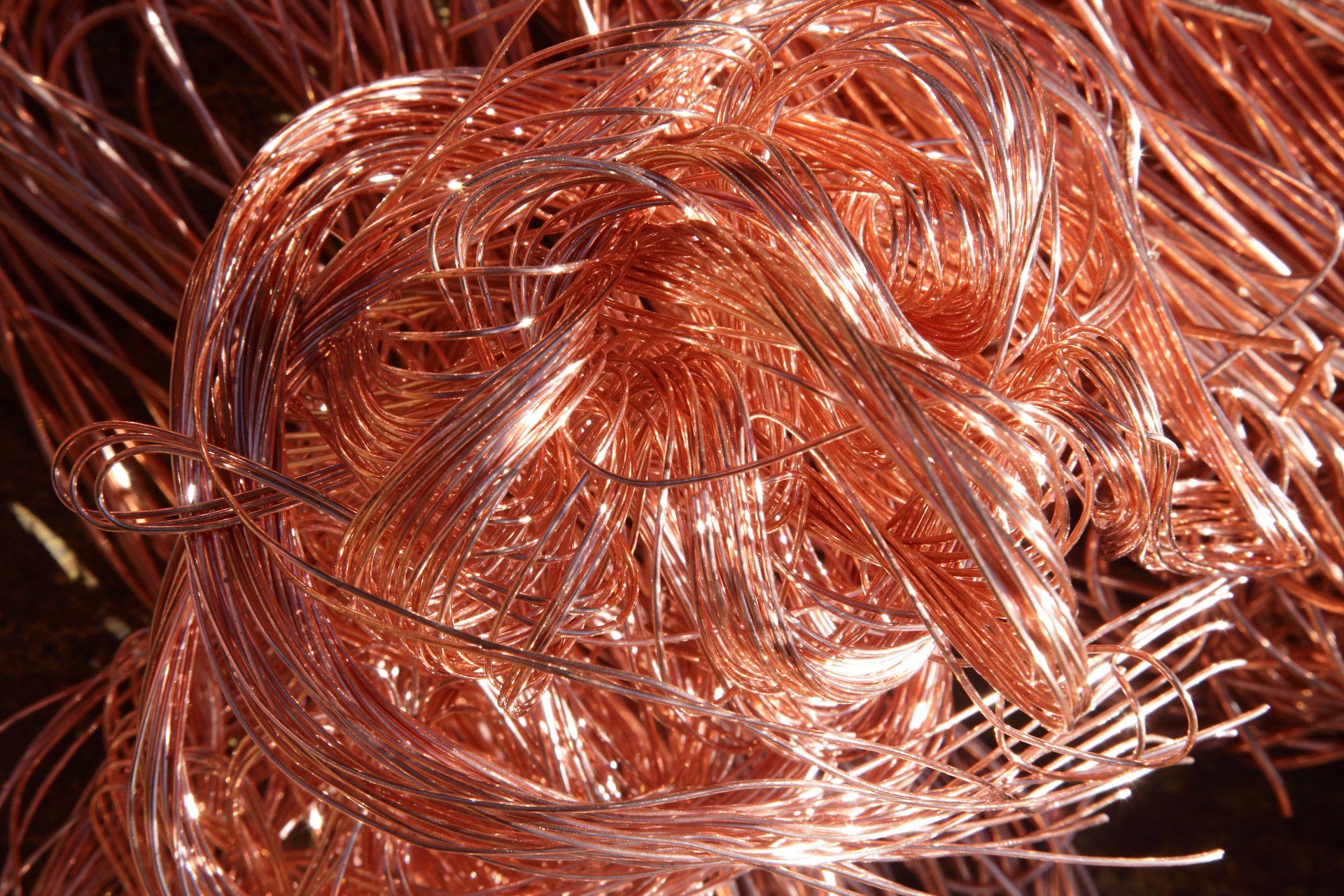5 Incredible Uses For Scrap Metals
We are living in a time that is more focused than ever on the condition of the natural world and the protection of our environment. With greenhouse emissions soaring and repeated warnings from governing environmental organisations, the importance of recycling used materials is growing ever clearer. This blog takes a look at why recycling metal is so important and lists some of the top ways that recycled scrap metals can be used.
As with any form of recycling, there are countless benefits that make the process far more viable than the production of new materials. In addition to the multitude of recyclable materials, there are a number of advantages that apply specifically to the recycling of metals.
What Can Be Recycled?
Nearly all types of metal are recyclable. Here in the UK however, the majority of scrap is made up of iron and steel. Most of these materials come from industry and domestic waste areas such as towns and cities.
Recyclable metals are typically separated into two categories; ferrous and non-ferrous. A few examples of non-ferrous metals are aluminium, lead, tin, copper, gold and silver. Examples of ferrous metals include mild steel, carbon steel and cast iron. Ferrous metals are normally found in appliances such as fridges, cookers and cars.
Why Recycle?
You may be wondering what the benefits of recycling metal are and why it’s so great. By recycling metals such as aluminium, brass, cast iron, steel and copper, we prevent the materials from being sent straight to landfill sites. This is beneficial as the global capacity of our landfills is shrinking rapidly; we have almost reached capacity. By diverting waste from landfills, it reduces the emission of harmful greenhouse gasses and toxins into the surrounding environment and atmosphere. After all, the time it takes metals to break down or biodegrade is between 50 and 500 years. This means that they are potentially causing devastating harm to our planet for that amount of time.
Moreover, the recycling of metals has a positive impact on our global energy consumption. The process involved in the collection, removal and recycling of metals uses far less energy than the creation of ‘virgin’ metals. Furthermore, the recycling process prevents the unnecessary extraction of natural resources. Mining is a destructive exercise for the environment and local wildlife.
Still not convinced? Recycling metal is also a far more economically viable, cost-effective method than the extraction of natural ore. It works to create jobs and benefit the consumer through the reduced price of recycled materials. Just ask your local scrap metal recycling company to find out more!
The best part is that metal can effectively be recycled infinitely. Aside from the slight degradation that may occur among certain metals such as aluminium after multiple cycles, metal can be endlessly recycled.
Here are some of the many incredible uses for scrap metal.
Transportation
Recycled metals have hundreds of incredible applications, many of which are centred around transportation and infrastructure. Of all the highly recyclable metal products, cars rank first. With millions of vehicles reaching their point of obsolescence each year, it is crucial that they are recycled as much as possible. Fortunately, thanks to the increasing awareness of scrap value, more cars are being recycled now than ever. Around a quarter of car bodies on roads, today are made from recycled metal.
In addition to cars, many aeroplanes also utilise recycled metal in their bodywork. Unlike the steel that is commonly recycled in cars, aircraft tend to be made of aluminium due to its lightweight properties. Recycling aeroplanes is an important but often overlooked area of scrap metal re-use. Globally, there are over 5000 commercial aircraft in storage, all of which are highly recyclable!
Interior Furnishings
The majority of metal furnishings within homes, such as tables, chairs, kitchen appliances and work surfaces, are made from recycled iron, aluminium or stainless steel. One of the many benefits of recycling metal is that it can be melted down and reformed to look brand new.
Everything and anything can be re-purposed into fresh, contemporary furniture. From car bonnets and tractor seats to engine parts and nails, recycled metals are becoming more and more fashionable in a home environment all the time.
There are countless reasons why choosing recycled materials for your furnishings is great. Not only is it durable, stylish and long-lasting, it also costs a lot less than buying furniture and appliances brand-new, and it’s a lot more eco-friendly. It doesn’t just help the planet to recycle metal, it helps your wallet!
Moreover, when the time eventually comes to say goodbye to your old tables, chairs or units, they can be recycled again at a scrap metal recycling company such as Broughshire Waste Metals. From here they can begin the next stage of their journey and become something new.
Stronger Metals
As well as household appliances, furnishings and vehicles, scrap metals can be melted down and re-purposed into stronger, higher quality, tools. Using methods and equipment such as an electric arc furnace (EAF), scrap metals can be efficiently melted and shaped into new items. Steel produced from an electric arc furnace is made up of more than 90% recycled material and around 98% of structural steel is recycled at the end of its life. This is what is known as a cradle-to-cradle process, meaning that the scrapped metal can be repeatedly recycled and never enter a landfill. The resulting steel is incredibly strong and is often used in construction, forming reinforcement bars and structural beams.
As well as the structural integrity and strength that is a result of the melting via electric arc furnace, the process is also highly energy efficient. For example, due to the low melting point of aluminium scrap metal compared to virgin aluminium, the process takes far less energy to complete. This means that it is more cost-effective and also produces far less Co2. In other words, it is better for the environment and it won’t break the bank.
Packaging
Food and drinks tins are up there with the most widely recycled scrap metal products. Thousands of products, from fizzy beverages to canned tomatoes, are housed in aluminium containers. That’s right, the same aluminium that could be used in a fighter jet has an equal chance of keeping your baked beans safe.
One of the greatest benefits of using recycled aluminium for food and drink packaging is its recycled energy savings. Manufacturing cans from this metal reduces the amount of energy that would otherwise be required by 95%!
Art
Sure, scrap metal has hundreds of practical applications, but it can also be used to create works of aesthetic beauty. Recycled metal is commonly used to make new and exciting art. Anything from city-centre sculptures to garden wind-chimes could be made from recycled metal.
That said, metal also has many more practical uses in the world of art and design. For example, every year in the UK alone, more than 600 million aerosol cans are used, many of which contain paints. Luckily the aluminium is easily and effectively recyclable!
How Do I Recycle My Scrap Metal?
Recycling your scrap metal isn't a complicated process. With the help of professional companies such as Broughshire Waste Metals, your old metal is sorted, transported and recycled with ease.
Our expert recycling team have a wealth of experience handling and disposing of metals safely. As a leading recycling company, we extend our services to both commercial and domestic clients. We take pride in going above and beyond to make it as easy as possible for our customers to improve their environmental efforts!
If you have any questions regarding our recycling facilities, please
get in touch. Come and see us at our Bridgend site or give us a call on 01656 658 404.
